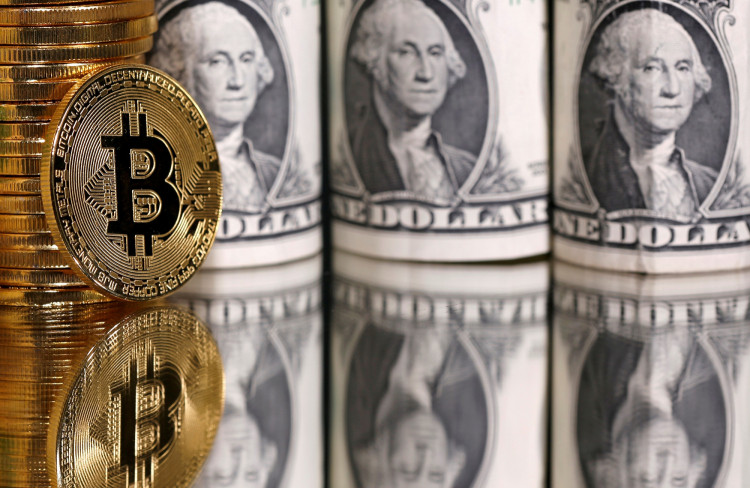Bitcoin prices have continued to rise over the past few weeks, riding the wave of investors shifting to safe-haven assets amid the uncertainties over the effects of the prolonged coronavirus pandemic. The surge in gold and cryptocurrency prices has been further exacerbated by the flood of liquidity released by central banks and governments to spur economic activity as the economic slump continues.
Over the week, Bitcoin prices surged past the $10,000-mark, a level that had eluded the oldest blockchain-based cryptocurrency for months. Since its March levels, the price of Bitcoin has more than doubled, with investors clamoring for the decentralized digital currency as the pandemic spread throughout the world.
On Tuesday, Bitcoin prices reached a high of $10,988. The surge follows the increase in the value of other safe-haven assets, including the 32 percent increase in spot gold prices this week. Gold was trading at around $1,939.49 per ounce on Tuesday, the highest it has ever been in decades.
Analysts at foreign-exchange trading platform AXI Trader have pointed out that Bitcoin will likely tag along with the continued surge in global gold prices; particularly if the U.S. dollar continues to weaken. The U.S. dollar's role as the world's reserve currency is slowly deteriorating and investors are recognizing that trend, which is why most are now seeking alternative investments. Industry experts have predicted that if Bitcoin manages to break through the $10,500 resistance levels, it could rise to as much as $13,000 before settling down.
The weakening of the U.S. dollar comes as tensions between China and the United States continue to escalate, spilling over into multiple industries. Tensions further escalated on Monday after China took over the U.S. consulate in Chengdu in retaliation for the U.S.'s closure of the Chinese consulate in Houston.
The tensions have so far exacerbated the already dim global economic outlook as countries continue to struggle amid the prolonged pandemic. The International Monetary Fund (IMF) has forecast that the global economy could contract by as much as 4.9 percent this year.
In response to the economic slump, global central banks have significantly slashed interest rates and rolled out unprecedented amounts of liquidity to hasten economic recovery. According to the Fitch Ratings, governments around the world have likely released liquidity amounting to about $6 trillion so far. This has sparked concerns about a potential inflation. The drop in interest rates has also greatly reduced the yield of global government securities, leading some investors to bail out and seek other forms of assets.




